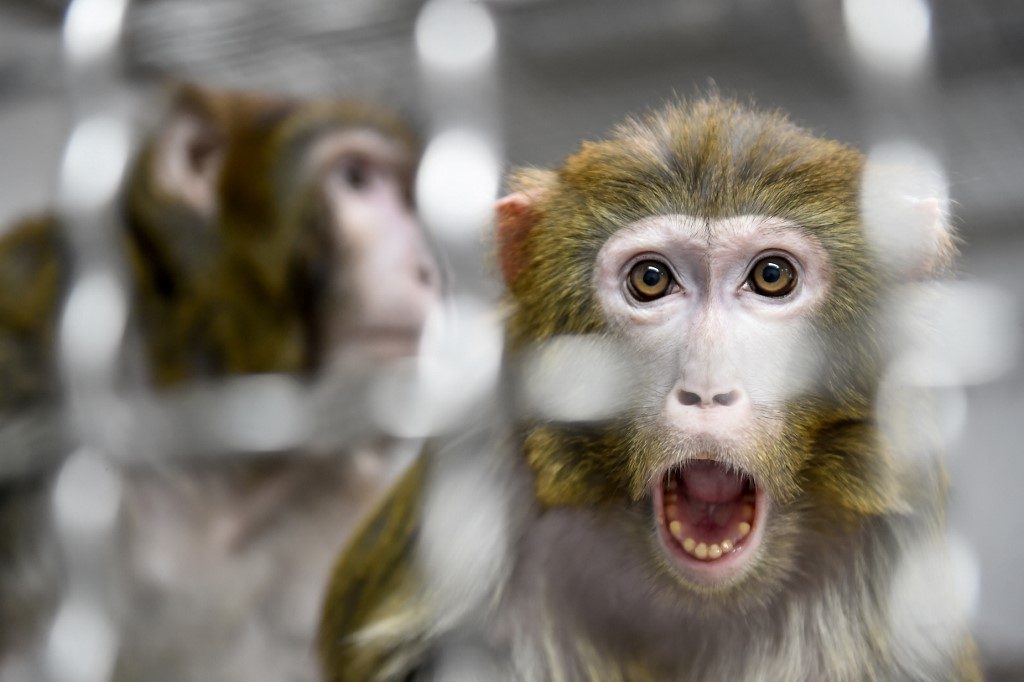SUMMARY
This is AI generated summarization, which may have errors. For context, always refer to the full article.

WASHINGTON, USA – Two studies on monkeys published on Wednesday, May 20, offer hope that humans can develop protective immunity to the novel coronavirus.
The studies, published in the journal Science, looked at a prototype vaccine and whether infection with SARS-CoV-2 provides immunity against re-exposure.
Both questions are critical as researchers tackle the virus, which has infected nearly 5 million people around the world and caused more than 325,000 deaths. (READ: WHO records highest daily number of coronavirus cases)
The studies were carried out on rhesus macaque monkeys to see whether they develop protective virus immunity from natural infection or from a vaccine.
“The global COVID-19 pandemic has made the development of a vaccine a top biomedical priority, but very little is currently known about protective immunity to the SARS-CoV-2 virus,” said senior author Dan Barouch, director of the Center for Virology and Vaccine Research at Beth Israel Deaconess Medical Center in Boston. (READ: The latest in the global race for a coronavirus vaccine)
“In these two studies, we demonstrate in rhesus macaques that prototype vaccines protected against SARS-CoV-2 infection and that SARS-CoV-2 infection protected against re-exposure,” Barouch said.
In one study carried out by Barouch and other researchers, 9 adult rhesus macaque monkeys were infected with the virus.
The monkeys developed COVID-19 symptoms but created protective antibodies and recovered after a few days.
To test their immunity, they were exposed to SARS-CoV-2 again 35 days later for what is called a “re-challenge,” and they showed few to no symptoms.
The authors of the study cautioned that further research will be needed because of the “important differences” between SARS-CoV-2 infection in monkeys and humans.
“Rigorous clinical studies will be required to determine whether SARS-CoV-2 infection effectively protects against SARS-CoV-2 re-exposure in humans,” they said.
The second study, involving many of the same researchers and led by Jingyou Yu, involved vaccinating 35 adult macaques with DNA vaccine candidates designed to generate protective antibodies.
They were exposed to the coronavirus 6 weeks later and had developed levels of antibodies in the blood sufficient to neutralize it, the study found.
The levels of antibodies, it said, were similar to those seen in humans recovering from the virus, providing hope that an effective human vaccine can be developed.
“Further research will need to address the important questions of the durability of protective immunity and the optimal vaccine platforms for a SARS-CoV-2 vaccine for humans,” the authors of the study said. – Rappler.com
Add a comment
How does this make you feel?
There are no comments yet. Add your comment to start the conversation.